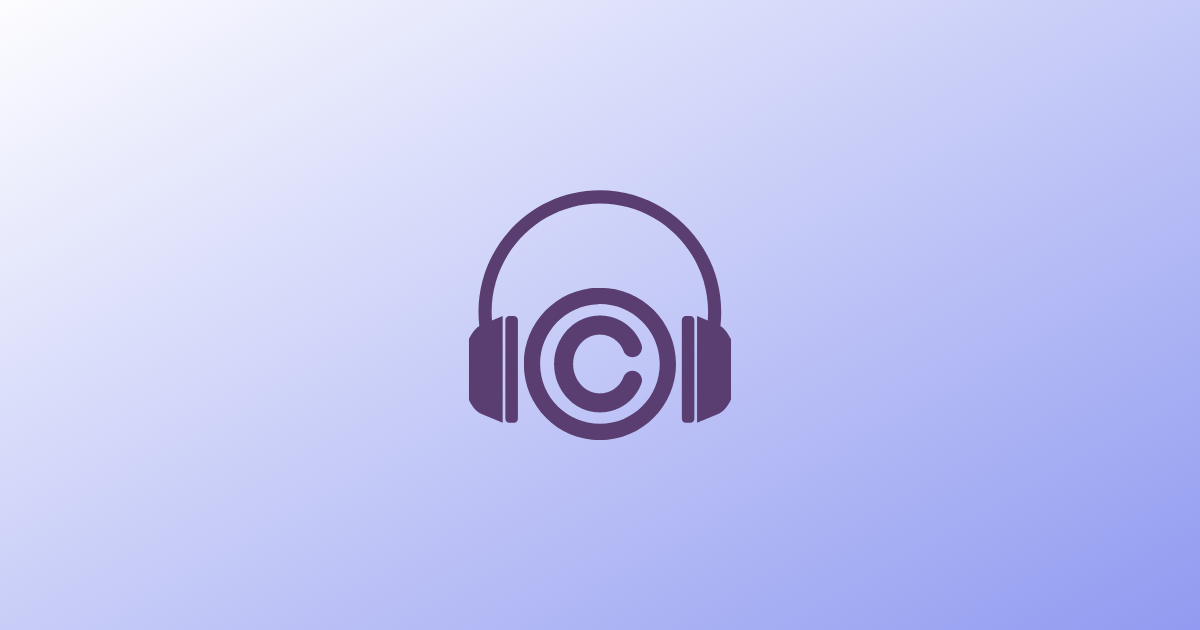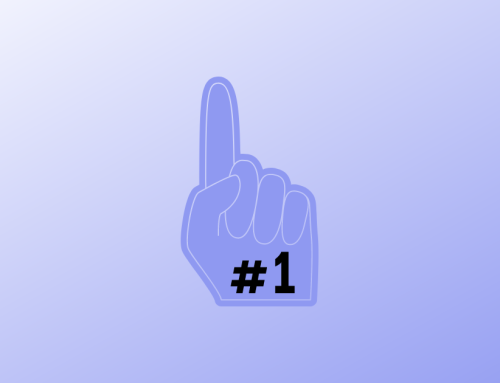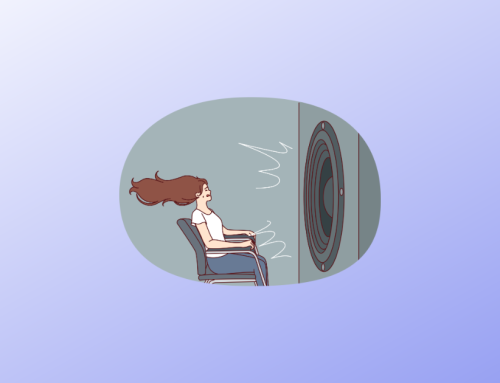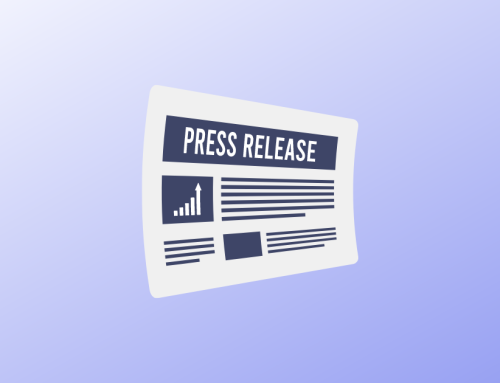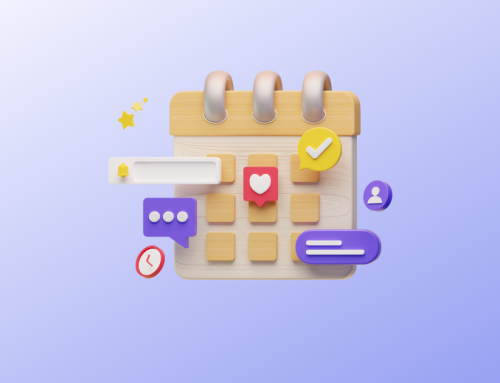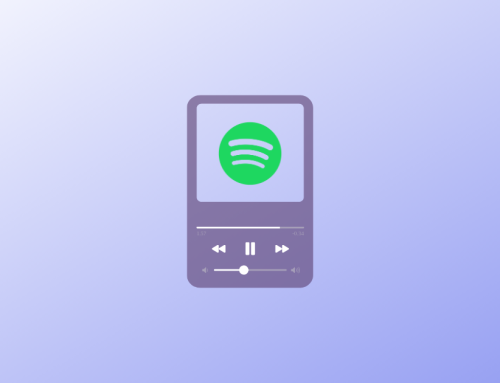Music licensing may not be the first thing on your mind when you’re writing a song or composing a piece of music. But while the legal aspects of the music business may seem a bit complicated or even boring, those are the aspects that will make you money.
Licensing your music for others to use is one of the biggest sources of income for musicians. It’s essential to grow your brand and make a living in the music industry. Here is how it works.
How does music licensing work?
Whether you’re just starting out as a musician or have been in the industry for a while, you simply can’t afford to neglect a revenue stream as big as music licensing. Licensing your music means allowing others to use it publicly. As simple as that sounds, the process behind it is a little more complicated.
One of the biggest benefits of licensing your music is that you keep the rights to your work, so it’s definitely worth learning how to do this. We’ll look more at the difference between licensing and copyright below. For now, here is a closer look at the process of licensing to try and dispel any myths and misconceptions.
Music licensing is generally handled by Performing Rights Organization (PROs) and Collective Management Organizations (CMOs). They take care of licensing contracts, fees, and payments on behalf of their members. As an artist, it’s important to secure membership as early as possible in your career.
What is a music license?
A music license allows the use of a piece of copyrighted music for a public performance. You as the artist and copyright holder grant another person or organization the right to use your music in public. In return, you get paid based on a contract between the two parties.
Just to reemphasize, the owner of a copyrighted piece of music is the only one with the right to reproduce, display, publicly perform, adapt and distribute that work. Anyone else wanting to use your songs in one or more of those ways needs to have a license. As an artist, you can also refuse to grant this license to others.
Assuming you’ve chosen to go ahead and license your music, you may receive a flat fee for its use, royalties, or a combination of both in return. Which option works best for both parties depends on the intended use. Flat fees are most common if you are licensing your music for a limited period of time only. If you are licensing your music indefinitely, it is customary to combine a flat fee with royalties.
Royalties are mostly based on the number of copies of your music that have been sold. But they can also be based on the total revenue from the distribution of your music. In some cases, the licensee – the person paying you for your music – may include a threshold in the contract. That means you only receive royalties once the income from the public performance exceeds a certain limit. Licensees may also decide to buy your music outright.
Types of music licenses
With the basics explained, let’s look at music licenses in a bit more detail. There are different types of licenses you may be granting to others:
- Blanket license
- Mechanical license
- Synchronization license
- Master recording license
- Public performance license
- Print license
Blanket License
Blanket licenses are popular with broadcasters or places who want background music like shopping centers or cafes. Rather than purchasing licenses for individual pieces of music, they buy a license that gives them access to an entire collection of songs (or a portion of that collection). Most of these blanket licenses are paid and renewed annually.
Blanket licenses can save a lot of time. Rather than preparing an individual contract for each piece of music, PROs or CMOs grant one license on behalf of their members. Once the deal has been sealed, they simply compile all the songs requested and give access to the buyer.
Mechanical License
This is the type of license you need to release a cover of a song that is not in the public domain. A mechanical license covers the reproduction of music in physical form, including soundtracks and CDs. It does not normally include any videos associated with the song.
Synchronization or Sync License
Sync licenses are among the most widely used music licenses. A sync license covers the use of music together with visual media. This includes commercials, news segments, TV shows, films, and video games, among others. Sync licenses are also popular with artists who not only want to release a cover of someone else’s work but also create a music video for it.
The amount of license fee that is paid is often based on several factors: anticipated exposure, intended use, location of play, and other royalty rates may all be used.
Master Recording License
A master recording license allows the license holder to use a piece of music in a film, a commercial, or another project. It is usually granted on an individual basis for each song that the licensee wants to use.
Master licenses differ from sync licenses in one important aspect. Whilst sync licenses allow third parties to re-record another artist’s song, a master license includes the use of the original performer’s voice.
5. Public Performance License
Mention public performance licenses and most people outside of the music industry will think of concerts. Concerts and other live performances are certainly covered by this type of license, but it also extends to include music that is used during conventions or public meetings.
The artists involved in the creation of the son, including songwriters, publishers, and composers receive royalties in exchange for permitting the track to be used. Even businesses that plan to play background music need to pay for a public performance license.
Print License
Last, but not least, print licenses cover the lyrics or sheet music. These license fees are due to the songwriter or composer if the music is going to be used by a third party. For example, if someone wants to create a songbook using a song you wrote, they need to ask and pay for this kind of license.
Music Copyright or License – What’s the Difference, and How do You Know You Hold the Copyright?
Think of the difference between copyright and music license as something similar to the difference between owning and renting an apartment. When an artist grants a license to a license holder, they are effectively lending their song.
The license holder can use the music for a certain time or a certain purpose. But they never own the piece of music. Ownership remains with the original artist or their label. The latter depends on the contract between artist and label.
Licensing your music to someone does not touch your ownership rights. Whether or not you own the music that’s being licensed, depends on the agreement between you and your label. When music labels pay for the recording studio and the entire publication process, they may own the song you wrote. This ownership is usually limited by the duration of the contract itself.
On the other hand, if you paid for the publishing cost, then it stands to reason that you own the copyright to your music and earn more of the royalties. If you are already working with a label and are unsure about your copyright situation, it’s time to read the fine print on your contract. If you are negotiating and about to sign on the dotted line, double-check your rights vs the rights of the label.
Do You Lose Your Rights to Your Music After Licensing?
This point deserves re-emphasizing: licensing your music does not take away your rights as an artist. Despite having licensed your music, your songs remain your intellectual property.
Remember, licensing music is the equivalent of lending it to someone else rather than selling it for good. With limits on the duration of use, the media where the piece can be used, or the nature of its use, artists never sign over their songwriting credits.
Saying that you can grant exclusive rights to a license holder which then allows them to essentially control the song and its use.
How much does a music license cost?
Licensing your music is an excellent way to create additional income streams from your songs. Many artists find that if they have a sufficient amount of content available for licensing, they can create a lucrative side hustle. Earning royalty payments is unlikely to make you rich overnight, but it can certainly contribute to your income as an artist. Don’t underestimate the benefits of sync opportunities.
There are no hard and fast rules as to how much you can charge for your music. Some services may publish guidelines, but if you are unsure about what to charge try and base your request on the exposure you expect for your music.
Another guideline for setting a price is the budget of a project like a film. Alternatively, you could ask for a flat fee in exchange for a license for your music. Common types of licenses include business-related use, movies, TV productions, or large corporate events. Even conventions need to purchase music licenses. Outside of those categories, it is always possible to create bespoke license agreements for other purposes.
When Can Music Be Used Without a License?
Royalty-free music is a firm favorite with content creators who are just starting to make their mark and possibly unable to afford a full music license. Royalty-free or stock music is sold for a very small fee, and it is sometimes made available free of charge. In those cases, most artists request a mention of their name or online platform.
Why should artists consider selling their music as stock or even offering royalty-free music? For some, taking this path has created a valuable passive income stream. If you have a lot of music “on file”, it’s worth taking advantage of selling some of your music through stock music channels.
What Type of License is Needed to Distribute Music?
All of the licenses above have one thing in common: they are concerned with music being used in public. Distribution licenses are different. Having the right to distribute a piece of music means being allowed to sell copies of a copyrighted song or transferring ownership in another way.
Music distribution licenses also cover leasing, rental, or lending. Digital distribution platforms have made easy work of getting your songs heard by as wide an audience as possible. Whether you’re looking to monetize your music more widely or are planning to set up different delivery profiles, digital distribution options can be the answer.
Final Thoughts
“Making it” as an artist depends on talent, hard work, and possibly also a bit of luck. Adding business sense into the equation will help your chances in the music industry exponentially. Licensing music makes good business sense. Licensing allows artists to temporarily grant usage rights to others for a specific purpose.
Limited by time and the nature of usage, licensing creates an income stream without taking away the original artists’ copyright. Contracts created to license music are highly flexible, allowing artists to generate the highest possible income from their creations.
Allowing others to use your music is a great way of maximizing exposure and growing an audience whilst collecting royalties and retaining copyright. Anything to watch out for? If you are already contracted to a label, check your remaining rights and whether there is room to grow.
